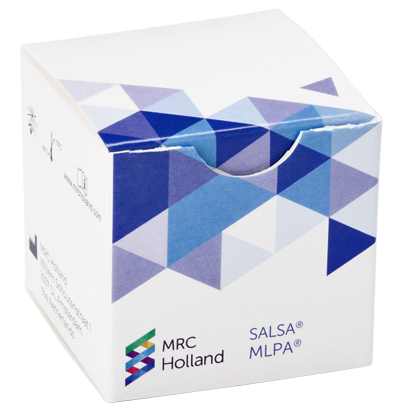Congenital Long-QT Syndrome (LQTS) is a hereditary disease that predisposes patients to cardiac arrhythmias, which can result in recurrent syncopes, seizure and sudden death. LQTS patients are electrocardiographically characterized by a prolonged QT interval resulting in a predisposition to develop the ventricular tachycardia torsade de pointes. The cumulative mortality is 6-8% before the age of 40, and therefore it is a leading cause of sudden death in young people. LQTS occurs in an estimated 1:2500 live births and is generally caused by mutations in cardiac sodium or potassium channel genes which result in the prolongation of the ventricular action potential. LQTS can be diagnosed based on prolonged QT intervals and/or abnormal T-waves in an ECG. There are presently 15 types of LQTS known, each linked to a distinct gene. The most common causes of LQTS are mutations in the genes KCNQ1, KCNH2, and SCN5A. Generally, LQTS is inherited in an autosomal dominant fashion but some exceptions are discussed below. LQTS is also referred to as Romano-Ward syndrome (RWS).
40-55% of LQTS patients have type 1; an autosomal dominant disease caused by defects in the KCNQ1 gene. Mutations in KCNQ1 are not only associated with long QT syndrome: homozygous or compound heterozygous mutations in KCNQ1 are associated with the recessive disorder Jervell and Lange-Nielsen syndrome (JLNS). Patients with JLNS present a much more severe phenotype. They have more extended long-QT intervals and suffer from sensorineural hearing loss. 50% of patients with this syndrome have cardiac events before the age of three and more than half of untreated children die before the age of 15.
30-45% of LQTS patients have LQTS type 2, which is also autosomal dominant and caused by defects in the KCNH2 gene. <1% of LQTS patients have type 5 which is associated with KCNE1; and ~1% have type 6, which is associated with KCNE2. Both types are autosomal dominant traits. KCNE1 and KCNE2 are located closely together on chromosome 21q22. As of yet, no exon CNVs or whole gene deletions/duplications of KCNE1 and KCNE2 have been found in LQTS patients (Williams et al. 2015). Like KCNQ1, homozygous or compound heterozygous mutations in KCNE1 are associated with JLNS. LQTS type 7, also autosomal dominant, is associated with mutations in KCNJ2. Less than 1% of LQTS patients have this type, but there is evidence that CNVs of KCNJ2 occur in LQTS patients (Marquis-Nicholson et al. 2014). LQTS type 7 is also known as Andersen-Tawil syndrome. Besides a long-QT interval and ventricular arrhythmias, these patients experience periodic paralysis due to flaccid muscle weakness and can have a variety of congenital or developmental abnormalities including low-set ears, widely spaced eyes, small mandible, fifth-digit clinodactyly, syndactyly, short stature, scoliosis and in some cases mental retardation.
Notably, 5-10% of LQTS patients have type 3, which is associated with gain-of-function variants of the SCN5A gene. All known gain-of-function mutations are point mutations, which cannot be detected with MLPA. Because CNVs in SCN5A are not expected to cause LQTS, no probes for this gene are included in this probemix. Loss-of-function variants in SCN5A result in a different disease: Brugada syndrome, for which the SALSA MLPA Probemix P108 is available.
More information on LQTS can be found here: https://www.ncbi.nlm.nih.gov/books/NBK1129/.






